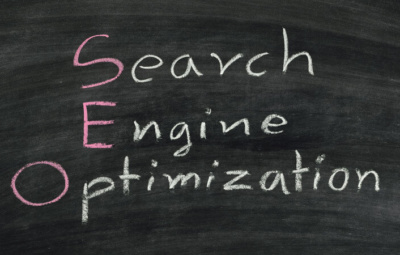How long does it take to rank in Google?

“How long does it take to rank in Google?”
The common response is usually, “It depends,” because there are just too many variables to consider, like website strength, skills, competition, budget, etc.
But, in February this year Ahrefs decided to sift through the petabytes of historical ranking data that they have and have given us a way to explain and show the answer to this historically unanswerable question.
How old are the top-ranking pages?
What Ahrefs did was they identified how old the top-ranking pages were. They took 2,000,000 random keywords and pulled data on the Top 10 ranking pages for each of them. You can see the results here:

Credit: Ahrefs
You can tell from this graph, that the average Top 10 ranking page is 2 years in age. Also, that those that rank at position #1 are almost 3 years old (on average).
Additionally, only 22% of pages that currently rank in the Top 10 were created within the last 12 months:

Credit: Ahrefs
So the next thing we wanted to know is what percentage of pages at each ranking position were less than 12 months old:

Credit: Ahrefs
This doesn’t look too promising, right? The SERP (Search Engine Results Page) is clearly dominated by “older” pages.
How long does it take for a page to rank in Google?
To answer this question, Ahrefs randomly selected 2,000,000 pages that were first seen by their crawler a year ago. They then tracked the position history of each page for any keyword it’s ranked for.
Which resulted in this graph:

Credit: Ahrefs
Only 5.7% of all studied pages ranked in the Top 10 search results within 12 months for at least 1 keyword.
Pages from websites with a high Domain Rating (DR) did way better than those with a lower DR.
Then, a magnified view shows these 5.7% of “lucky” pages to see how quickly they went from ZERO to HERO and into the Top 10.
The majority of them managed to achieve that in approximately 61 to 182 days.

Credit: Ahrefs
Taking a look at this graph, you might think that, on average, it takes a page anywhere from 2 to 6 months to rank in Google’s Top 10.
But that conclusion isn’t really valid here, because this data only represents the 5.7% of pages that were lucky enough to rank in the Top 10 within 12 months — while almost 95% of all the pages we studied didn’t make it to the Top 10 within that time frame at all.
Ahrefs also re-calculated the numbers based on monthly search volume of the keywords:

Credit: Ahrefs
Only 0.3% of pages ranked in the Top 10 for a high-volume keyword in less than 12 months.
Here are the dynamics of the 5.7% “lucky” pages, broken down by search volume of the keyword that they ranked for:

Credit: Ahrefs
So, you CAN rank for low-volume keywords in a very short time, while the high-volume ones take almost a year to get into the Top 10.
But again, don’t forget that this data only applies to the 5.7% of “lucky” pages that ranked in the Top 10 within 12 months. The vast majority of pages don’t perform that well at all.
So, what does this all mean?
Did the Ahrefs study give a definite answer to “how long does it take to rank” question? No.
But at least they’ve shown that almost 95% of newly published pages don’t get to the Top 10 within 12 months.
And most of the “lucky” ones, which do manage to get there, do it in about 2–6 months.
Actually, they shouldn’t be framed as “lucky” because the reason they got to the Top 10 in less than 12 months is most likely hard work and great knowledge of SEO, not luck.
We’d like to thank Ahrefs for their time spent investigating the above and the results they shared publicly. If you are not using Ahrefs to track your clients data, you’re doing something wrong!
Let us know what you think.
Our Pricing:
 SEO LITE
SEO LITE SEO STARTER
SEO STARTER
 SEO ENTERPRISE
SEO ENTERPRISE









